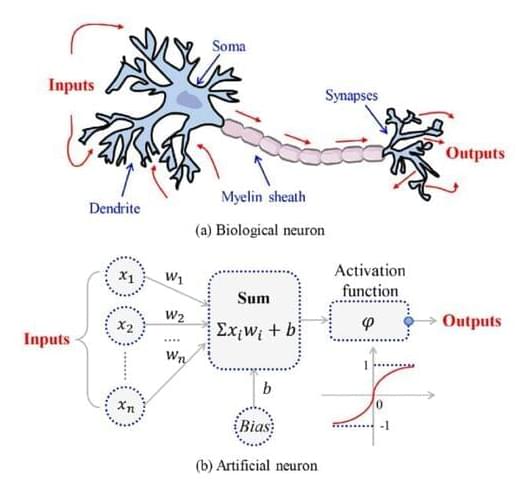2030 to 2100 C.E.
For shits and giggles, but also because why not?Credit for picture and music goes to the original makers. Song is Grand Cathedral from Serious Sam.
2030 to 2100 C.E.
For shits and giggles, but also because why not?Credit for picture and music goes to the original makers. Song is Grand Cathedral from Serious Sam.
Lex Fridman Podcast.
432 videos.

In this article, Roman Ponomarenko, sound designer and composer with 20+ years of professional experience, explores the transformative potential of AI in sound design and what this means for the future of music.
Artificial intelligence (AI) is already making significant progress in music and sound design. However, will the sophisticated AI of the future eventually replace human professionals in these fields? Navigating such a complex issue proves to be quite challenging, as AI brings forth a mix of exciting opportunities and daunting challenges.
The first 150 people to join Planet Wild clicking this link or adding my code ISAAC7 later will get their first month for free https://planetwild.com/r/isaacarthur/.…
If you want to get to know them better first, check out their video about restoring barren land under powerlines into thriving ecosystems: https://planetwild.com/r/isaacarthur/.…
We often try to distinguish between what is alive and what is a machine, and note that machines can’t reproduce or fix themselves, but that may soon change.
Visit our Website: http://www.isaacarthur.net.
Join Nebula: https://go.nebula.tv/isaacarthur.
Support us on Patreon: / isaacarthur.
Support us on Subscribestar: https://www.subscribestar.com/isaac-a…
Facebook Group: / 1583992725237264
Reddit: / isaacarthur.
Twitter: / isaac_a_arthur on Twitter and RT our future content.
SFIA Discord Server: / discord.
Credits:
Self-Repairing Machines.
Episode 457; July 25, 2024
Produced, Narrated \& Written: Isaac Arthur.
Editor:
Lukas Konecny.
Graphics:
Jeremy Jozwik.
Ken York.
Select imagery/video supplied by Getty Images.
Music Courtesy of Epidemic Sound http://epidemicsound.com/creator.
0:00 Intro.
0:17 Susan.
3:03 Fundamentals.
10:52 Sensing and Diagnostics.
14:19 Advanced Materials.
21:56 Robotics.
24:11 Artificial Intelligence

Neural networks biological and artificial.
Neural Networks have found applications across various domains due to their ability to learn from data and improve over time without human intervention. They can solve challenging problems that are hard or impossible to solve using traditional methods. Here are some of the examples of how neural networks and artificial neurons are used in real-world scenarios:
Voice assistants: Voice assistants like Siri and Alexa use neural networks to understand spoken language commands and questions. They use trained models based on artificial neurons processing vast datasets of speech and text data. They can also generate natural-sounding responses and perform various tasks, such as playing music, setting reminders, searching the web, etc.
Self-driving cars: Self-driving cars use neural networks to perceive the environment and make decisions. They use trained models based on artificial neurons processing vast datasets of images, videos, and sensor data. They can also learn from their own experiences and improve their driving skills over time.